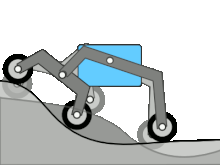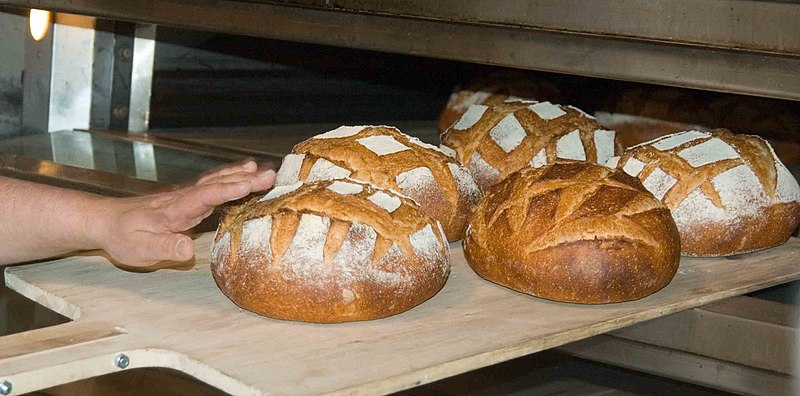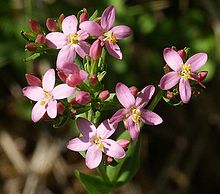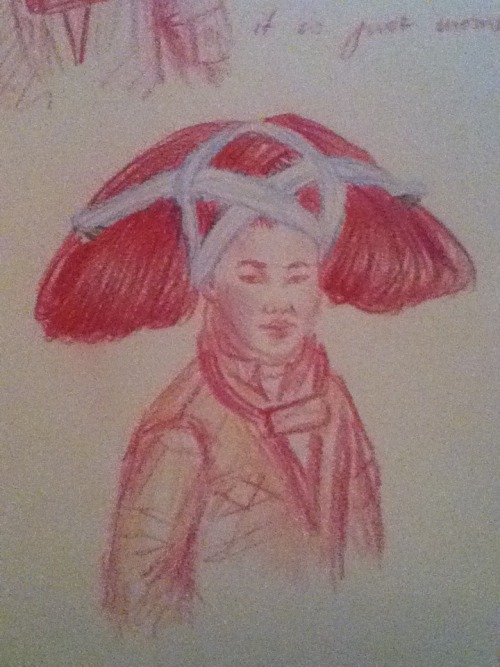That dress? It makes you look like a fairy elephant.
You're only up to level eighty-six?
*
You don't have to be clever to scoff. You don't have to be clever to be unkind and contemptuous.
How horrible it must be to harbour such a desire for cruelty.
As it happens there's another sort of scoff, a mostly British and comparatively lovable thing. It means to eat greedily.
That sort of scoff has a really interesting derivation, too.

Still life by Pieter Claesz 1627.
Thing Not To Do Today: scoff. The word meaning to jeer probably comes from Scandinavia (there's an Old Frisian word skof which means mockery). The word meaning to eat greedily is a variant of scaff, food, which is related to the Dutch schoft, quarter of the day, and hence one of the four daily meals.
Four?
Can I be Dutch, please?































